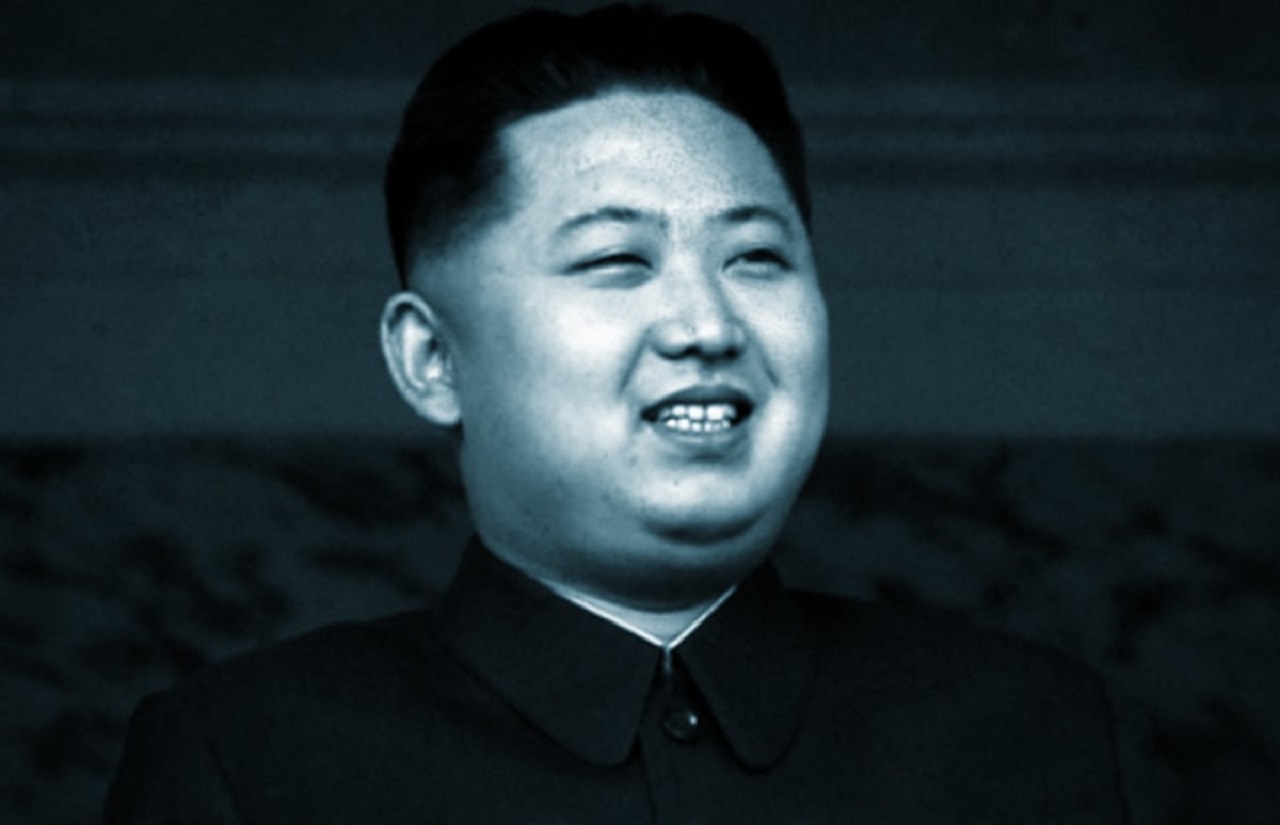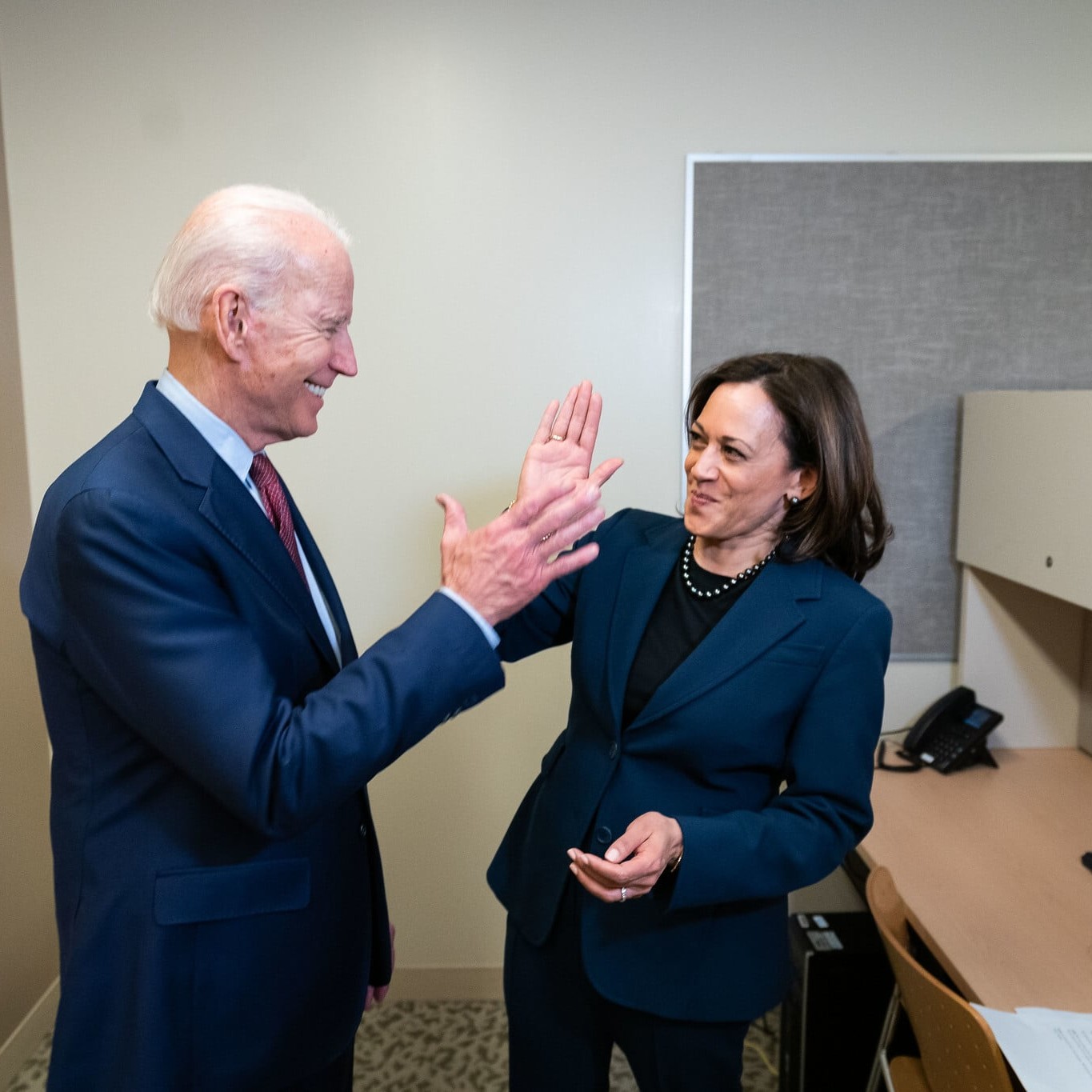In her new book, “The Great Successor: The Divinely Perfect Destiny of Brilliant Comrade Kim Jong Un,” the journalist Anna Fifield examines the life of North Korea’s dictator. Since Kim Jong Il’s death, in 2011, his son has presided over some small-market reforms to the North Korean economy, the development of its nuclear program, the continued brutalization of the country’s people, and, recently, a surprisingly warm relationship with President Trump. But Fifield also examines Kim’s early life, including unexpected Japanese influences, his often lonely adolescence and schooling in Switzerland, and his passion for machines and aviation. In doing so, she helps explain how he was able to take over the country at the age of twenty-seven and govern with ruthlessness and surprising adroitness.
I recently spoke by phone with Fifield, who is the Beijing bureau chief of the Washington Post. During our conversation, which has been edited for length and clarity, we discussed Kim’s complicated relationship with China, whether he has any ideology beyond power, and the dangers of trying to achieve economic reform while keeping a dictatorship intact.
You put forth this idea in the book that Kim Jong Un has a greater need to deliver change for his people than his father ever did because of their respective circumstances. Why is that, and how do you think that’s influenced his regime?
When his father, Kim Jong Il, took over the leadership, in 1994, North Korea was in really terrible shape. It had just lost its founding President; it had lost its benefactor in the Soviet Union, which had just collapsed. China was on this phenomenal transformation and wasn’t the Communist big brother that it once had been. Also, North Korea was on the brink of a devastating famine that would go on to kill as much as ten per cent of the population. So Kim Jong Il couldn’t risk changing anything. He knew that he needed just to hang on for another twenty or so years, and maybe he could hold onto power and keep the country, the regime, intact.
Kim Jong Un doesn’t have that luxury, because he inherited a country that was in much better shape. The famine had long since passed, and North Korea was getting by much better than it had before. He was twenty-seven years old, and if he lives as long as his grandfather or his father he could be the premier for thirty or forty or even fifty years. So for him the idea of just muddling through wasn’t an option.
Also, after the famine, North Korea had allowed some nascent market activity to take place. That contributed to a little more wealth in the country, or a little less poverty. So people had started to experience slightly rising living standards. I think what Kim Jong Un has done is try to accelerate that. He tried to make it seem like life is getting better for everybody in North Korea and, therefore, to be able to say, “I’m the right guy for this job.” He will rest his legitimacy on that and, hopefully, from his perspective, stay in power for decades to come.
You have moments in the book where he acts awkward or is lonely. Did researching his early life give you any sympathy for him, or change your perception of him in some way?
I don’t think I’d use the word sympathy, but certainly I think that he had very few other options than to turn out this way, if any at all. He was born into this incredibly dysfunctional family with, obviously, a very brutal streak running through his father and grandfather. Growing up in this extremely abnormal way, totally isolated from other élites, as well as from the general population, he may very well not have known the situation in which his countrymen were living, in which other ten-year-old kids were living in North Korea in the mid-nineties. He was raised for this job in many ways.
The New Yorker, read the integral version
Redazione
La redazione di Babilon è composta da giovani giornalisti, analisti e ricercatori attenti alle dinamiche mondiali. Il nostro obiettivo è rendere più comprensibile la geopolitica a tutti i tipi di lettori.
L’evoluzione dei sanitari a terra: design moderni e materiali innovativi per una scelta sempre più popolare
23 Dic 2024
Quando si parla di design di interni e arredamento sono tantissimi i fattori che entrano in gioco. Ciascuno di noi ha…
Se le questioni di genere dettano le agende di politica estera
19 Dic 2024
Il perseguimento di politiche identitarie da parte dell'establishment della politica estera occidentale sta portando a…
Dall’origine straniera all’icona americana: il fenomeno dello sport negli Usa
14 Mar 2024
Molti sport americani sono accomunati da un aspetto particolarmente curioso: raramente sono davvero nati sul suolo…
Roulette europea, francese o americana? Ecco un approfondimento
22 Set 2023
La roulette è un classico intramontabile dei casinò, amata da milioni di appassionati in tutto il mondo. Una delle…




